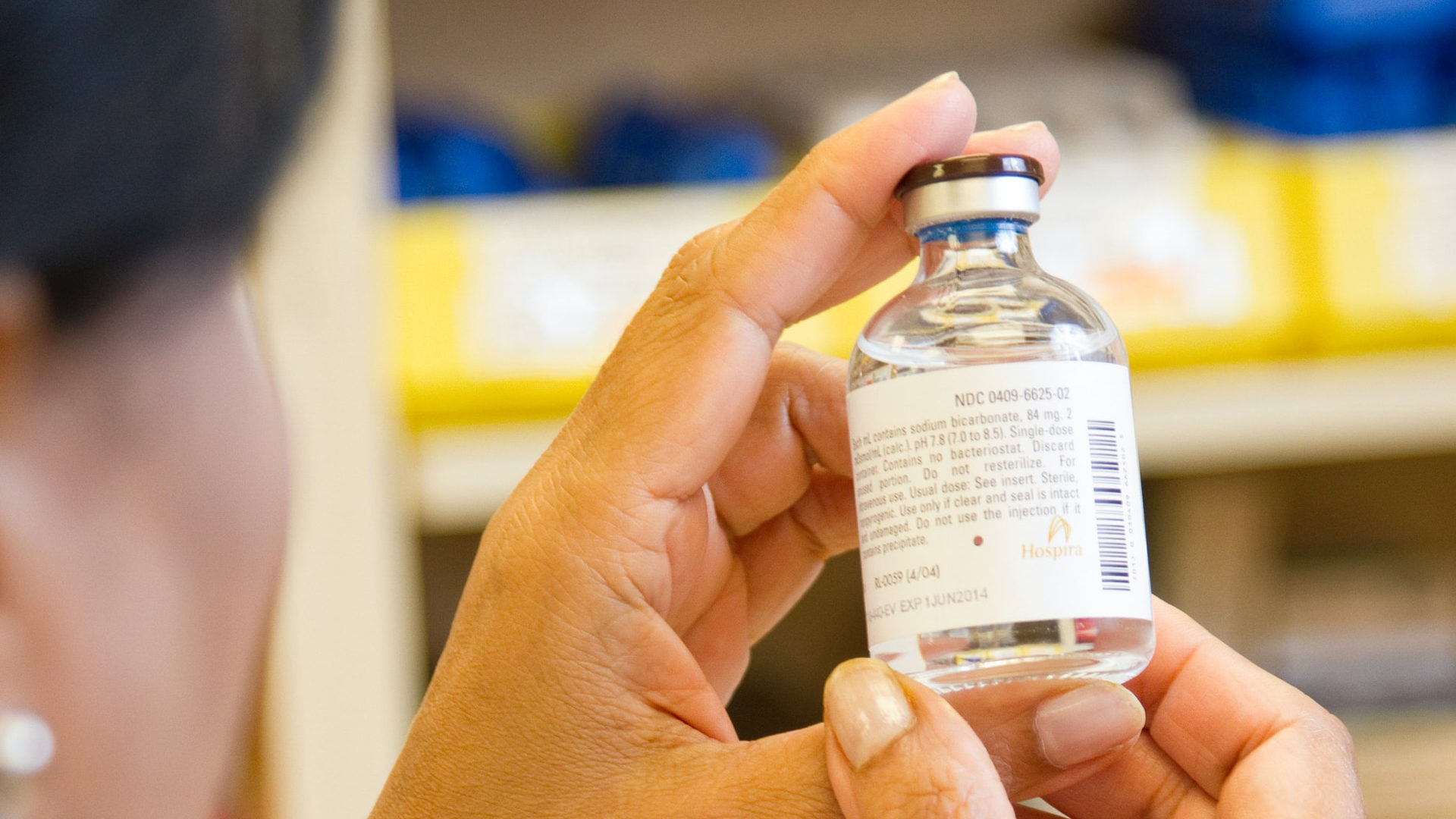Retail Scanner
Money, fame and trade marks – A complicated web
September 2018
What is the value of a name? It is imperative for celebrities to be able to effectively control what and with whom they are associated, particularly when considering the sums of money in endorsements. The ease at which information is now disseminated around the world has merely amplified the importance for celebrities to be able to build, curate and retain a positive brand image.
With so much value potential in a name, a lyric and even a hashtag, it is unsurprising that the world of celebrities frequently intersects with the arguably less glamorous world of Intellectual Property (IP).
Occasionally, this intersection can be bizarre, and this is often where IP finds itself in mainstream media. However, as seen in a number of recent cases, celebrity involvement in IP matters can demonstrate the unique complications celebrities may experience as they try to navigate the hurdles which stand in the way of protecting arguably their most important asset: their name.
Messi: Claim to Fame
In April this year, the EU General Court annulled the EU IPO’s finding that Lionel Messi’s EU trade mark application for MESSI & Device should be refused on the basis that it is confusingly similar to an earlier registration for MASSI, owned by a Spanish cycling brand. The Court found that although the words MESSI and MASSI were ‘extremely similar’, particularly from a visual and phonetic perspective, the Argentinian footballer’s fame amongst the public at large was enough to dispel any possibility of confusion. The conceptual differences between MESSI and MASSI were accordingly considered so great that they outweighed the visual and phonetic similarities.
The Court appears to suggest that if a celebrity has sufficient fame in a name, this may be enough to register that name as a trade mark in the EU even where an otherwise confusingly similar mark is present on the register. The fact that Messi was willing to engage in a 7-year opposition battle, taking proceedings to the second highest court of the EU, is not surprising. In 2017, he was the highest earning footballer in the world, taking home a reported $111 million, with $27 million earned from endorsements. The new EU trade mark registration will allow him to augment his personal fortune through further commercialisation of his name and brand, following in the footsteps of his counterpart Cristiano Ronaldo and his famous CR7 logo.
Federer: an unforced error?
Earlier this year, Roger Federer signed a 10-year deal with Japanese clothing brand UNIQLO for a reported $300 million, ending his 24-year association with Nike. In his defeat of Dusan Lajovic in the first round of Wimbledon 2018, Federer told the press: “Yeah, so the RF logo is with Nike at the moment, but it will come to me at some point..”
The distinctive RF Logo has been owned by Nike in various registries around the world since 2008. However, despite Federer’s insistence that he is the rightful owner of the initials, unless provided for in the contract agreed by the two parties, the sportswear giant could retain ownership of the logo and prevent Federer’s use.
The case serves as a useful reminder that commercial relationships rarely last forever, and the eventuality of parties cutting ties should be accounted for, all the more so when considering the ownership of any relevant IP Notably, the RF Logo is still registered in Nike’s name.
KYLIE v KYLIE
The dispute between Kylie Minogue and Kylie Jenner, which concerned the latter’s application to register the word KYLIE as a US trade mark registration for ‘advertising services’ and ‘endorsement services’ in 2015, was the subject of considerable media attention. Not surprising in light of the entertainment value provided by the dispute, with Minogue’s lawyers describing Jenner as “a secondary reality television personality“.
The case raised an interesting question: what does a celebrity, who’s fame is intrinsically linked with their name, do when another celebrity has the same name with similar fame? In the face of such earlier rights, many corporations will rebrand to a non-conflicting name, but corporations arguably have more flexibility. The celebrity’s fame already exists in its name and so rebranding is unlikely a simple process. Luckily for Jenner, she was not forced to go down this route as it would seem the parties managed to reach a settlement, with Minogue’s opposition having been withdrawn last year.
Complicated Web
With more and more celebrities recognising the undeniable value of registering and owning their own names (even their children’s names) as trade marks, it’s likely that celebrity culture will continue its involvement with the IP field. However, as these cases demonstrate, celebrities should be prepared for complications and issues unique to the rich and famous as they seek to protect their most important assets.































